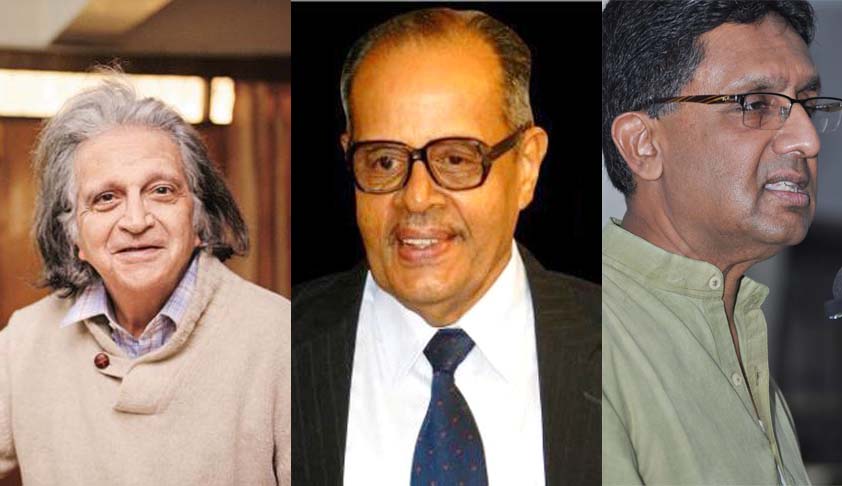- Home
- /
- Cover Story
- /
- No ‘distinguished jurist’ in sight?
No ‘distinguished jurist’ in sight?
Apoorva Mandhani
17 May 2016 9:35 AM IST
'In 67 years of Independence, the Presidents of India have been looking with a telescope and have not found any jurist worth appointing as a Supreme Court Judge! So obviously jurists don’t exist in India. Hence, I think this is a dead issue', said Prof.Upendra Baxi in an interview to Livelaw.Justice Ajay Manik Rao Khanwilkar, Justice Dhananjaya Y. Chandrachud, Justice Ashok Bhushan, and...
Next Story



